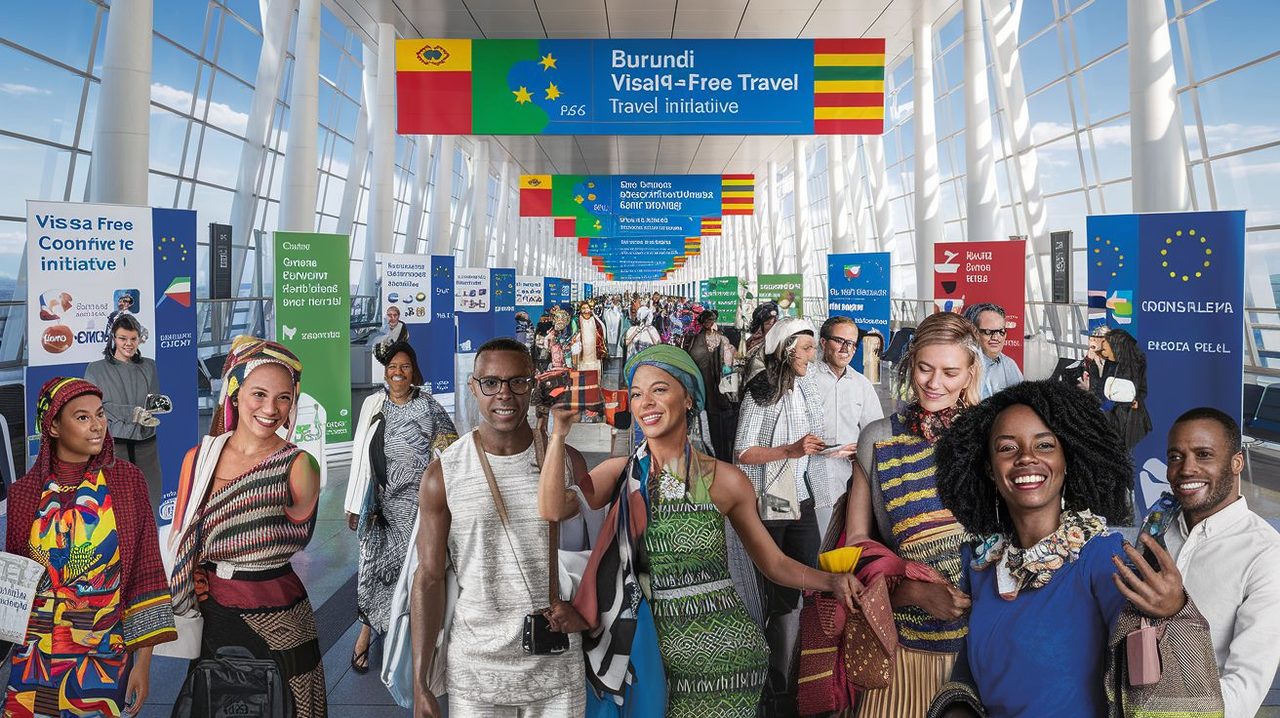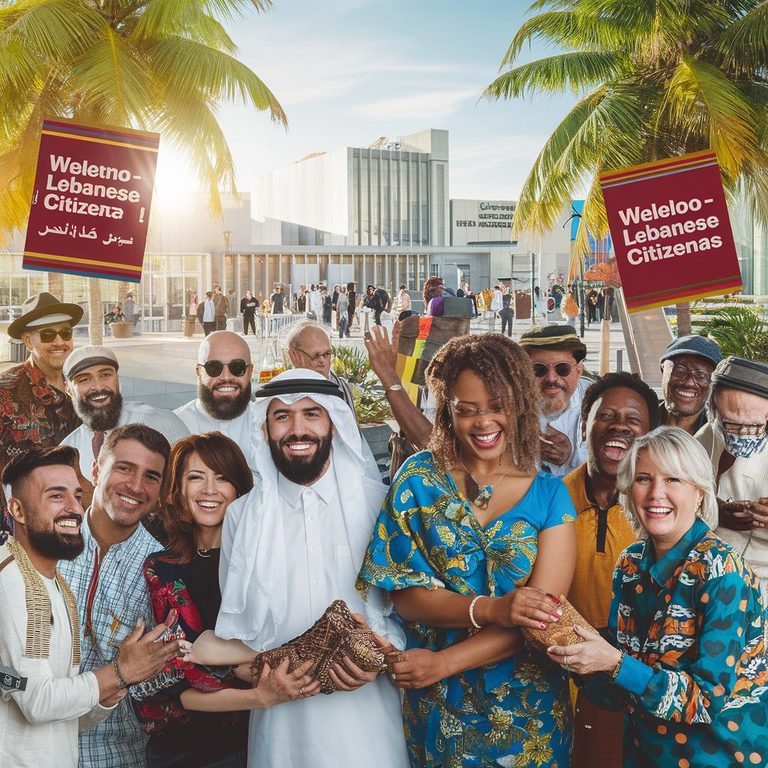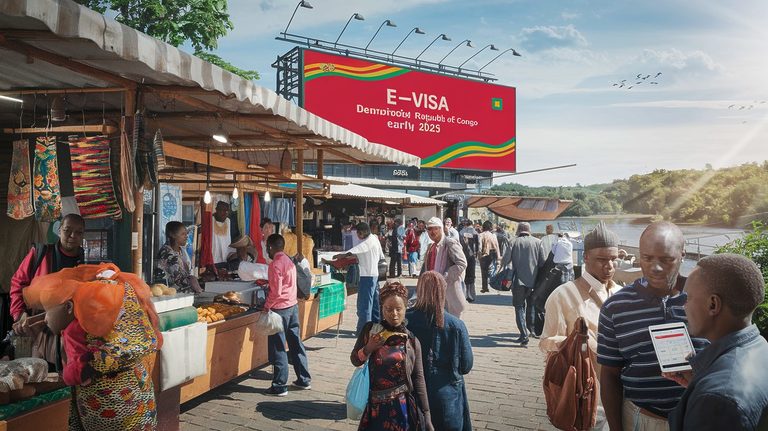Burundi has recently implemented a landmark policy aimed at enhancing regional cooperation within the COMESA (Common Market for Eastern and Southern Africa) framework. By removing the short-stay visa requirement for nationals of the 20 member states, Burundi is poised to foster free movement of people and goods, thereby stimulating trade and tourism relations across the region. This initiative signifies Burundi’s commitment to promoting intra-African connectivity and integration, presenting numerous economic opportunities for both the nation and its neighbors.
Burundi has recently taken a notable stride towards enhancing regional cooperation and integration by announcing the exemption of short-stay visas for citizens of member states of COMESA (Common Market for Eastern and Southern Africa). This groundbreaking decision aims to promote the free movement of people and goods, serving to strengthen trade and tourism relations within the region.
Overview of the Visa Exemption
President Évariste Ndayishimiye’s declaration allows nationals from 20 out of the 21 COMESA member countries to travel to Burundi without the need for a visa. The nations included in this exemption are: Comoros, Djibouti, Democratic Republic of Congo, Egypt, Eritrea, Eswatini, Ethiopia, Kenya, Libya, Madagascar, Malawi, Mauritius, Rwanda, Seychelles, Somalia, Sudan, Tunisia, Uganda, Zambia, and Zimbabwe.
Goals and Implications of the Initiative
This initiative is a part of a broader framework aimed at enhancing regional cooperation through COMESA. A primary goal of the visa waiver is to facilitate cross-border travel, thereby boosting intra-African trade and tourism. By minimizing administrative obstacles, Burundi encourages other African nations to adopt similar policies, fostering a supportive environment for business and investment.
Notably, this visa exemption simplifies not only business travel but also family and cultural visits, paving the way for more dynamic interactions among the populations of member countries. This policy reinforces Burundi’s dedication to free movement while showcasing its commitment to being part of the regional socio-economic landscape.
Projected Economic and Tourism Effects
The implications of the visa waiver are projected to significantly influence both the Burundian economy and those of its neighboring nations. By easing the travel hurdles, it is anticipated that inter-regional trade will experience a substantial increase, therefore revitalizing Burundi’s local economy through the inflow of goods.
In terms of tourism, this policy is expected to attract a higher volume of visitors from COMESA nations. The removal of short-stay visa requirements simplifies travel logistics, encouraging tourists to select Burundi as a vacation destination. Consequently, not only will local industries, such as accommodations and restaurants, experience immediate financial benefits, but the growth in tourism is likely to enhance cultural ties as well.
Successful Precedents in Africa
Several African countries have embraced visa exemption principles, yielding positive outcomes. For instance, Rwanda’s introduction of visa-free entry for numerous African nations has resulted in increased tourism and visitor arrivals. Such reforms serve as exemplary models for Burundi in its aspiration to become a regional hub for trade and tourism.
These initiatives highlight how forward-thinking policies can nurture effective integration within regional frameworks like COMESA, potentially motivating other nations to undertake similar reforms, contributing to a more robust and interconnected continental economy.
Challenges and Considerations Moving Forward
Despite the numerous benefits associated with the visa waiver, certain challenges must be addressed to ensure its maximized effectiveness. Collaboration among member countries is essential to maintain border security while promoting seamless travel. Investments in transportation infrastructure and robust border management systems will also be vital.
Moreover, addressing the need for improved political stability in specific COMESA member regions, such as Somalia and the DRC, is crucial to creating a secure environment that fosters travel and economic partnership. Finally, it is necessary to promote this initiative among the citizens of affected nations, ensuring they are well-informed about the new opportunities available to them.
Burundi’s initiative marks a proactive approach towards stimulating economic growth and enhancing relationships with its regional neighbors. Through the exemption of short-stay visas for COMESA citizens, the nation is cultivating new pathways for the development of trade and tourism.
For more details on similar initiatives, refer to the article on Jordan’s Visa-Free Policy for Libyan Citizens, Panama’s Eased Visa Requirements, and The Expansion of Visa-Free Travel to China.
Key Aspects of Burundi’s Visa-Free Travel for COMESA
- Policy Launch: Visa exemption for COMESA nationals effective immediately.
- Member Countries: Benefits 20 out of the 21 COMESA members.
- Free Movement: Aims to enhance the movement of people and goods.
- Trade Promotion: Expected to boost inter-regional trade significantly.
- Tourism Growth: Anticipated increase in visitors to Burundi.
- Cultural Exchange: Enhances cultural ties among member nations.
- Regional Integration: Aligns with broader goals of COMESA collaboration.
- Economic Impact: Potential improvement in local economies through increased trade.
- Challenges Ahead: Requires coordination for border security and infrastructure investment.
- Inspirational Model: Follows successful examples from countries like Rwanda.

Burundi has recently implemented an important policy by exempting nationals of COMESA (Common Market for Eastern and Southern Africa) member states from short-stay visa requirements. This initiative is designed to enhance the free movement of people and goods, fostering stronger trade and tourism relations among the nations within the region.
Citizens from 20 of the 21 COMESA member countries will benefit from this exemption, encouraging cross-border travel and stimulating intra-African trade and tourism. The policy aims to reduce administrative hurdles and promote an attractive environment for business and investment.
The expected outcomes include a significant boost to the Burundian economy through increased trade volume and enhanced tourism from neighboring countries. Other nations, like Rwanda, have seen positive results from similar visa waivers, serving as a precedent for Burundi’s efforts to become a regional hub for trade and tourism.
While the benefits are substantial, challenges such as border security, transport infrastructure, and political stability in certain regions must be addressed to ensure the policy’s effectiveness.

Hello! I’m Elisa, a 45-year-old travel companion with a passion for exploring new places and cultures. With years of travel experience under my belt, I thrive on creating memorable journeys for my clients. Let’s embark on an adventure together!





